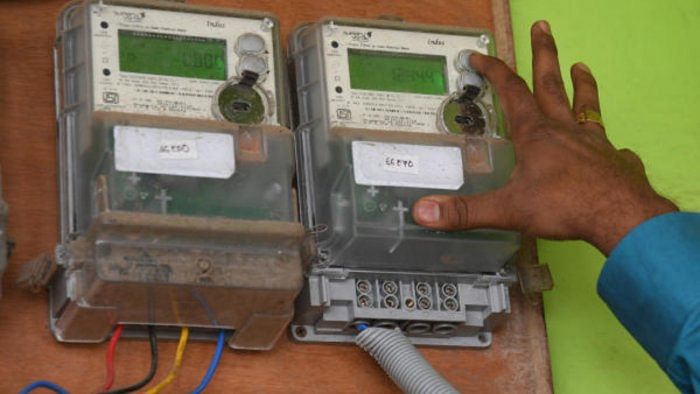
After numerous pilot projects and years of discussion, smart electricity meters will soon be a reality in Karnataka, with officials saying it is the future of the industry and a "win-win situation for both customers and escoms".
The allure of smart meters lies in the benefits they bring such as remote monitoring and usage tracking, which promise to usher in transparency and accountability. But being capital intensive, a large-scale rollout is still a few years away.
Bangalore Electricity Supply Company (Bescom) will install as many as 1,049 meters in the industrial areas of Hoskote, Nelamangala, Chandapura and surrounding areas in the next few days, following a directive from the Karnataka Electricity Regulatory Commission (KERC).
“The KERC mandates that all the HT (High Tension) installations be monitored using Automated Meter Reading (AMR) systems," a senior Bescom official said. "However, a few meters in our jurisdiction do not support such technology. Hence, we decided to upgrade them since all them will have to eventually be converted to smart meters.”
Though the meters offer a slew of advanced features, Bescom will not be able to utilise them immediately since it lacks the requisite network communication system. The present installations will only allow remote meter reading using a modem, officials said.
“It is a capital-intensive project and hence we will take up the installation of smart meters in a phased manner. Once the meters are installed, we will set up the communication network,” the official added.
While three-phase smart meters cost close to Rs 8,000, single-phase meters are priced at Rs 2,200. Large number of consumers and the capital investment involved could mean that a completely functional smart meter will take at least three to five years to reach all, officials said.
Smart meters allow two-way communication, which enable remote monitoring of the meters, power disconnection and consumer interface.
Senior KERC officials said that smart meters are the future and escoms will eventually be forced to shift to them.
“They provide transparency and accountability," the official said. "It is also a win-win for both escoms and the consumers since the consumer interface will also allow users to track their usage and take measures to prevent unwanted use. It will act as a cost-control technique.”
The meters could eventually be used as prepaid meters.